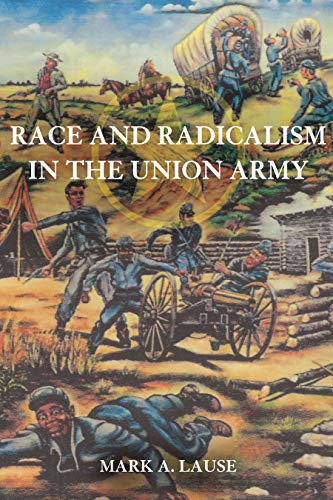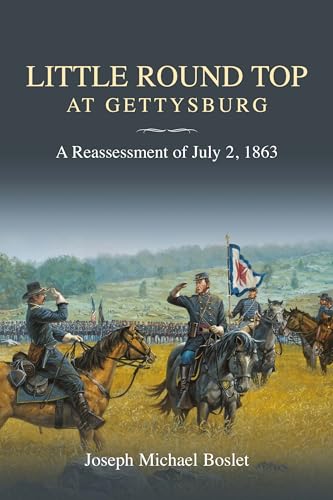
Race and Radicalism in the Union Army
by Mark A. Lause
Popularity
0.11 / 5
* A book's popularity is determined by how it compares to all other books on this website.
Where to buy?
Buy from Amazon* If you buy this book through the link above, we may receive a small commission at no extra cost to you.
Race and Radicalism in the Union Army by Mark A. Lause
Details
War:
American Civil War
Perspective:
Researcher
Biography:
No
Region:
North America
Page Count:
186
Published Date:
2009
ISBN13:
9780252034466
Description
Brief Summary
Race and Radicalism in the Union Army by Mark A. Lause unfolds the lesser-known narratives of the collaborative struggles among whites, blacks, and Indigenous peoples during the Civil War, focusing on the Western front. The book delves into the dynamics of these diverse groups united by the radical goals of abolition and social equality. It revisits this critical historical period through a multi-ethnic lens, emphasizing the shared efforts and contributions toward the Union's cause.
Main Themes and Topics
One of the central themes of Lause's work is the interracial cooperation that existed within the Union Army, challenging the predominant narratives that often isolate the contributions of distinct racial groups. The book sheds light on how shared radical ideals drove collaboration and solidarity amongst these groups, aiming for transformative social change amidst the rigors of war. The interplay between race and radicalism, as illustrated by Lause, underscores the complex socio-political landscape of the era, bringing into focus the quests for civil rights and justice that transcended racial barriers.
Writing Style and Tone
Mark A. Lause's writing is comprehensive and scholarly, characterized by meticulous research and a commitment to unveiling overlooked aspects of Civil War history. His tone is informative yet engaging, aiming to educate his readers while maintaining a balanced narrative. Lause's scholarly treatment of the subject matter is infused with passionate advocacy for a more inclusive understanding of historical events, making the book both an academic resource and an accessible read for those interested in history and social justice.
Criticism
While Race and Radicalism in the Union Army is praised for its thorough research and enlightening perspective, some critics have pointed out that the dense academic approach might not appeal to casual readers. The detailed historical analysis and the wide range of subjects covered might seem overwhelming to those not deeply familiar with the period of study. Nonetheless, the book's contribution to broadening the historical discourse is widely acknowledged, offering a necessary re-examination of Civil War narratives.









